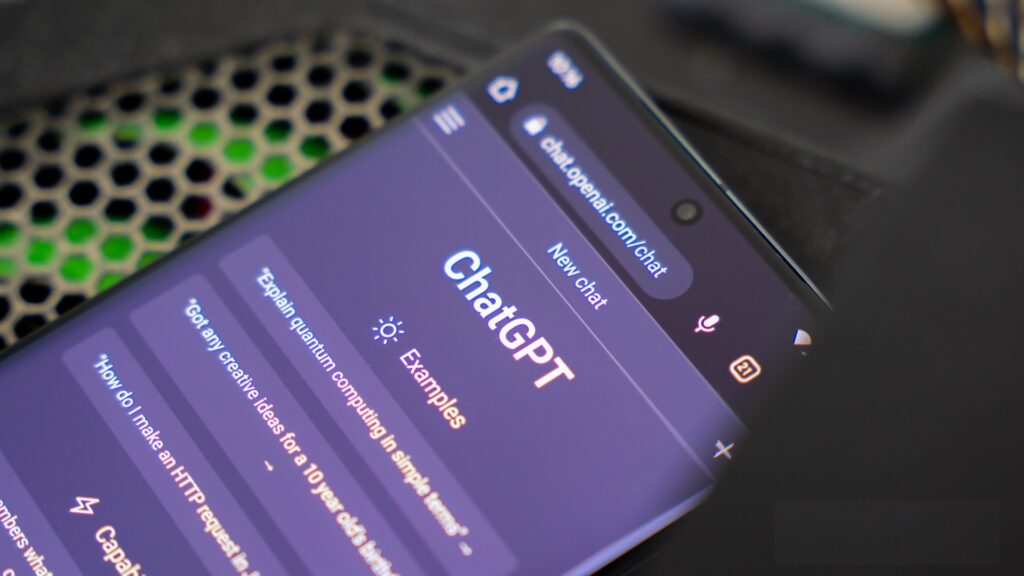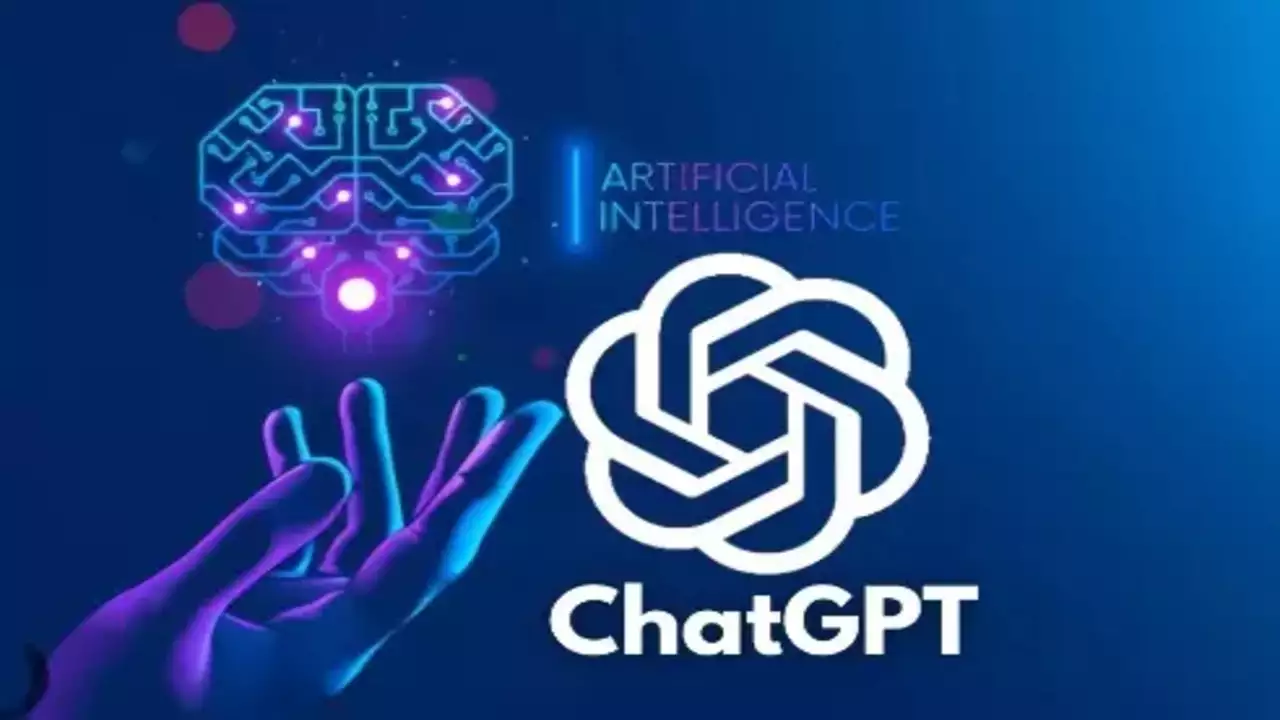Code in Latest ChatGPT Android Version Hints at Default Assistant Potential
The emergence of advanced AI applications like OpenAI’s ChatGPT and Microsoft’s Copilot has highlighted the limitations of traditional AI voice assistants such as Siri and Google Assistant. These conventional assistants often have restricted functionalities compared to the human-like conversation abilities and broad knowledge base of advanced chatbots. Presently available AI assistants on phones offer limited capabilities. However, the ChatGPT app, accessible on both iOS and Android platforms, presents a compelling alternative to the default assistant on devices. Recent developments suggest that OpenAI’s highly successful chatbot might soon replace Google Assistant on Android smartphones.
According to a report from Android Authority, the latest version of the ChatGPT Android app, marked as version 1.2023.352 and released last month, contains a piece of code hinting at its potential to become the default assistant on Android devices.
The report details the inclusion of a new activity named ‘com.openai.voice.assistant.AssistantActivity’ within the app. Although this activity is initially disabled, users have the option to manually enable and launch it. Upon activation, it manifests as an overlay on the device screen, employing the same animation as the ChatGPT app’s voice chat mode. The overlay, as described in the report, appears atop other apps without occupying the entire screen, potentially enabling users to engage with ChatGPT from any screen by invoking this assistant feature.
It’s clear, however, that assistant mode is a work in progress. The animation that plays when launching the activity reportedly doesn’t finish and the activity shuts down before you can interact with the chatbot. The report also says that the code required for the ChatGPT app to work as a “default digital assistant app” exists only partially. The ChatGPT app also seems to be missing necessary declarations and metadata tags that would allow it to be set as the default assistant on a device.

The AI assistant wars on mobile phones are about to kick off, with Google Assistant and Siri scrambling to catch up to modern chatbots. The ChatGPT app rolled out its voice chat feature for all free users on Android and iOS in November, effectively allowing the app to act as a voice assistant. Bear in mind, however, that free ChatGPT users cannot access real-time information from the Web on the app, so you can’t ask the chatbot about the latest sports scores or the weather forecast in your city, for example. You can, however, do that on the GPT-4 powered Bing app or the new standalone Copilot app from Microsoft, which launched on both Android and iOS last week.
While Android users don’t yet have a way to bring up the ChatGPT app easily with a gesture, like they would bring up the Google Assistant, iPhone 15 Pro users can simply bind the app with the dedicated Action Button, to bring it up and start conversing with the press of a single button. Google, meanwhile, is hard at work to bring Bard, its own generative AI chatbot, to Google Assistant. The company also recently announced Gemini, its most powerful AI model to date that would compete with OpenAI’s GPT-4 model.
Conversely, Apple appears to be trailing in the ongoing AI assistant competition. Reports suggest that the tech giant is diligently developing an AI-enhanced iOS 18, anticipated to drive its forthcoming range of smartphones. Speculations indicate a substantial AI upgrade for the default voice assistant featured on the upcoming iPhone 16. Allegedly, the Siri team underwent restructuring in Q3 2023 to focus on integrating expansive language models (LLMs) and artificial intelligence-generated content (AIGC) into its framework. This strategic move hints at Apple’s concerted efforts to elevate Siri’s capabilities through the integration of advanced AI technologies.


















